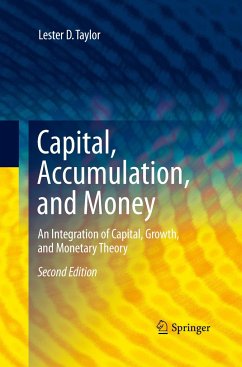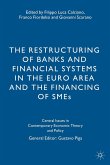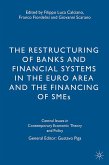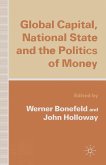Capital, Accumulation, and Money: An Integration of Capital, Growth, and MonetaryTheory is a book about capital and money. A root concept of capital is formulated that allows for most existing concepts of capital to be unified and related to one another in consistent fashion. Capital and monetary theory are integrated in a non-mathematical framework that imposes a number of constraints on the macro behavior of an economy, constraints which make for the straightforward understanding of such concepts as the real stock of money, real-balance effects, and the general price level. New and illuminating insights are also provided into aggregate supply and demand, natural and money rates of interest, the relationship between real and monetary economies, and economic growth and development.This fully expanded, revised, and updated edition features important new material on a variety of timely topics, including:_ Factors leading to the financial meltdown and turmoil of 2007-09;_ Why bubbles form in asset markets and how these impact on the real economy;_ The importance of a lender-of-last-resort in times of financial stress;_ Future financing and funding of the U. S. Social Security System.Additionally, the author offers a number of ideas for alleviating the severity, if not the avoidance altogether, of financial crises in the future. This is a book for those -- students (both graduate and undergraduate) and their teachers, investors, and the informed public -- who want an understanding of how economies and financial markets function, without an advanced degree in mathematics.
Bitte wählen Sie Ihr Anliegen aus.
Rechnungen
Retourenschein anfordern
Bestellstatus
Storno








